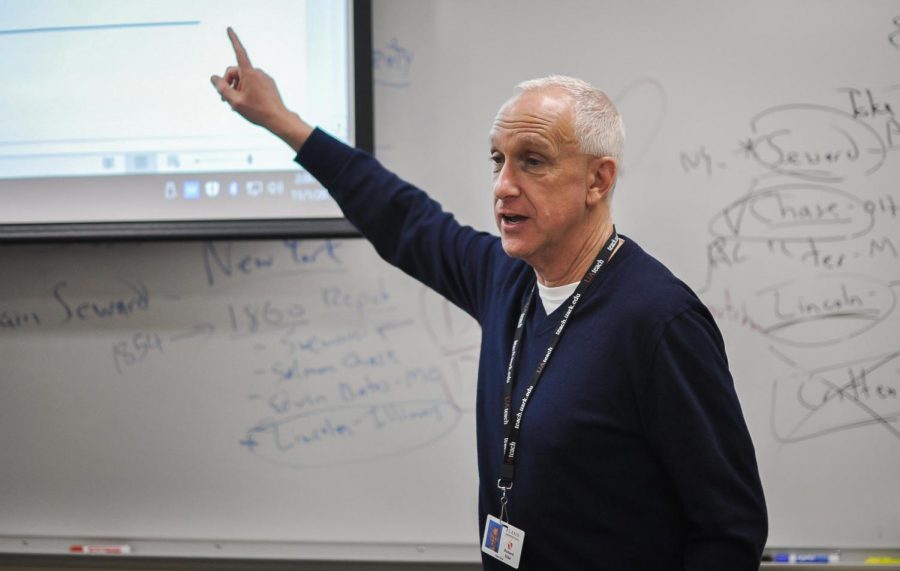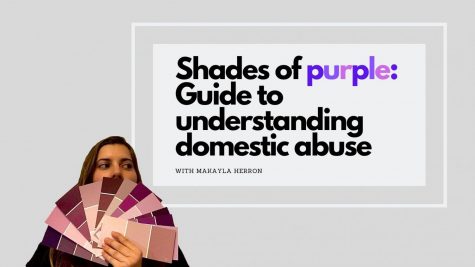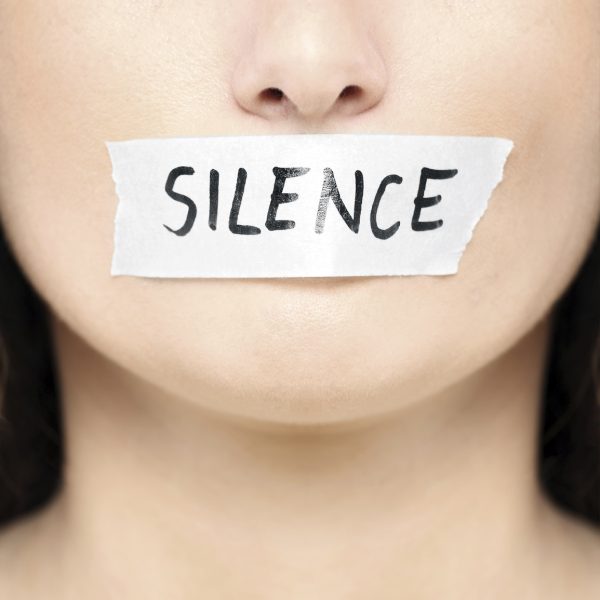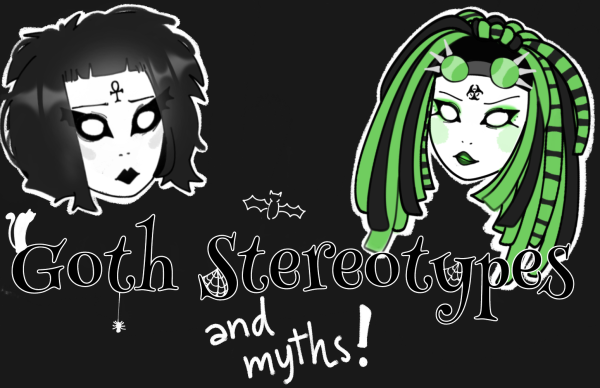Let Teachers Talk
Richard Sklar delivers a lesson to his IB History of the Americas class.
At its core, school is a place for learning, growth, and the development of critical thinking. According to the PISD student/parent policy guide, teachers have the responsibility to maintain a classroom that is conducive to learning. If we want to foster discussions that lead to learning in our classrooms, the taboo on teachers saying what they believe has got to go.
This year, the UK’s Department for Education issued a statement cautioning teachers against expressing their political leanings. Such attitudes are dangerous, and should they spread to the U.S., education will suffer. Social studies classes like history or government at the high school level are enhanced by allowing students to hear and talk about the many sides of a story, even if a teacher provides one of the viewpoints. If everybody in a class walks on eggshells around one another, not much of anything meaningful can be discussed and learning suffers. Moreover, if we can get over our fear of voicing— or even having— our own opinions, it becomes much easier to engage in a productive discussion and reach a compromise with people we might not have had common ground with before.
Whether it’s over the president, congress or Saudi Arabia, politics have become a pervasive and annoying part of our lives, influencing everything from the entertainment we watch to how much a gallon of gas costs. It’s unfortunate, but like it or not, as long as this is the world we live in, we need to have conversations about what’s going on in the world around us. Schools shouldn’t be a place where students bury their heads in the sand and ignore the outside world, so we shouldn’t ask teachers to do the same. The Supreme Court even ruled in Pickering vs. Board of Education that teachers are allowed to express their views as long as they don’t try to indoctrinate their students. In other words, they shouldn’t have to qualify whatever they say with “I’m just playing devil’s advocate here,” a phrase many students know and roll their eyes at every time they hear it. Everyone has opinions and teachers do, too. Not everything they say should need a disclaimer at the beginning.
As long as a teacher isn’t forcing their own personal opinions on students— and admittedly, there’s a fine line between pushing political views and starting a conversation— there’s no harm in letting discussions flow freely. A teacher who lets their opinions influence grading or how they treat students they disagree with isn’t a teacher at all, they’re acting unethically and as an ideologue and that can’t be tolerated in schools.
History classes aren’t, or at least shouldn’t be, just where we go to learn about what dead people did, what pieces of paper they signed, or what wars they started. They provide context and insight into the world today, the processes at play, the motivations for our leaders’ actions, and the importance of global thinking.
There are two sides to every story, and the taboo that exists around social studies teachers giving their own take on a matter means that students might never get to think critically about why they believe what they believe. If somebody goes through life shutting out or never encountering any contrary opinions, they go through their life with a fundamental misunderstanding of the world. Education should reflect the real world, and in the real world, people have their own beliefs.











